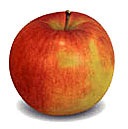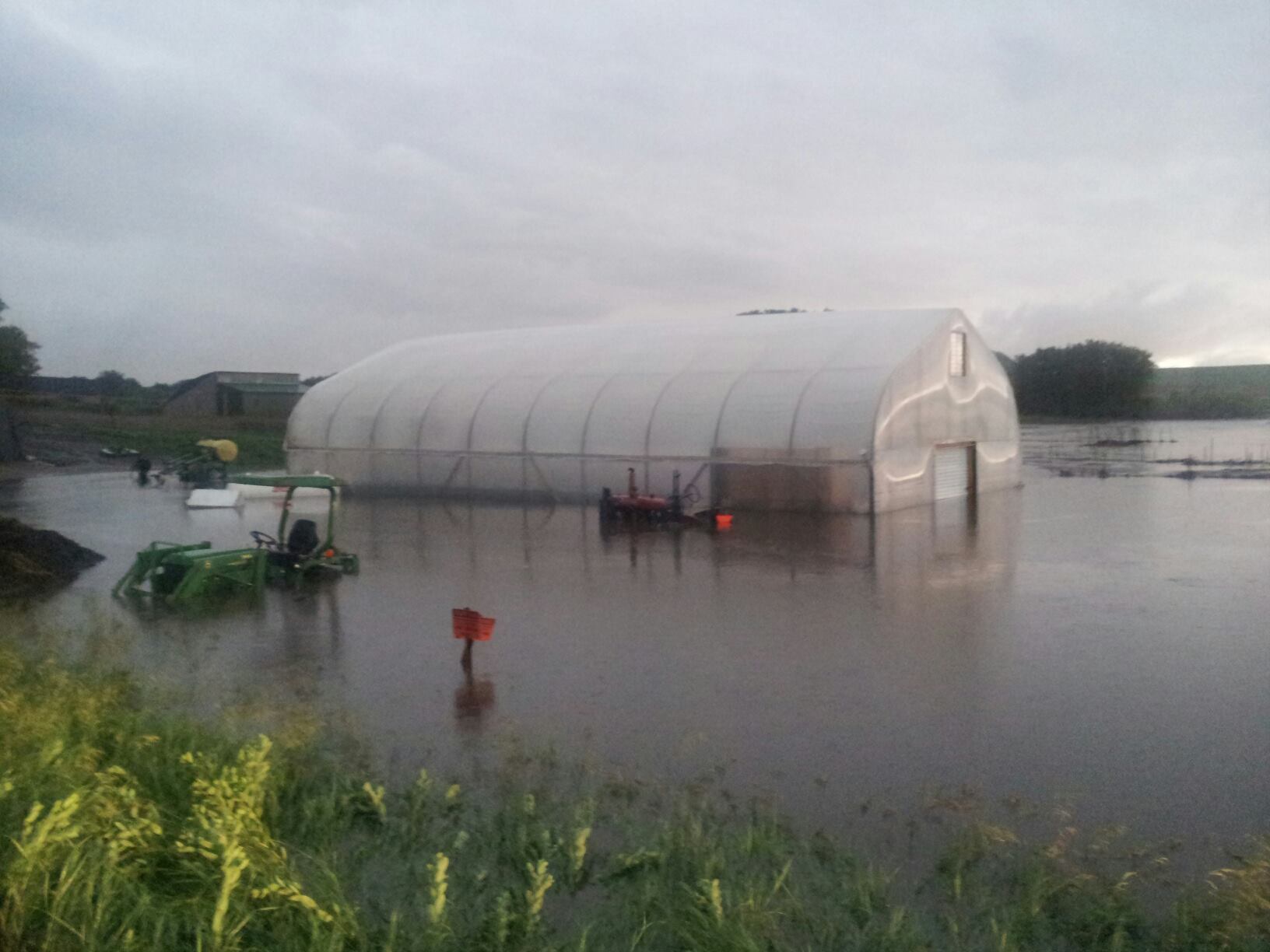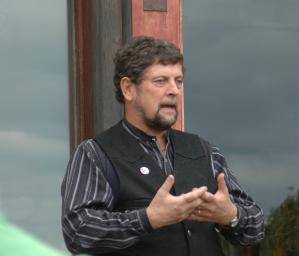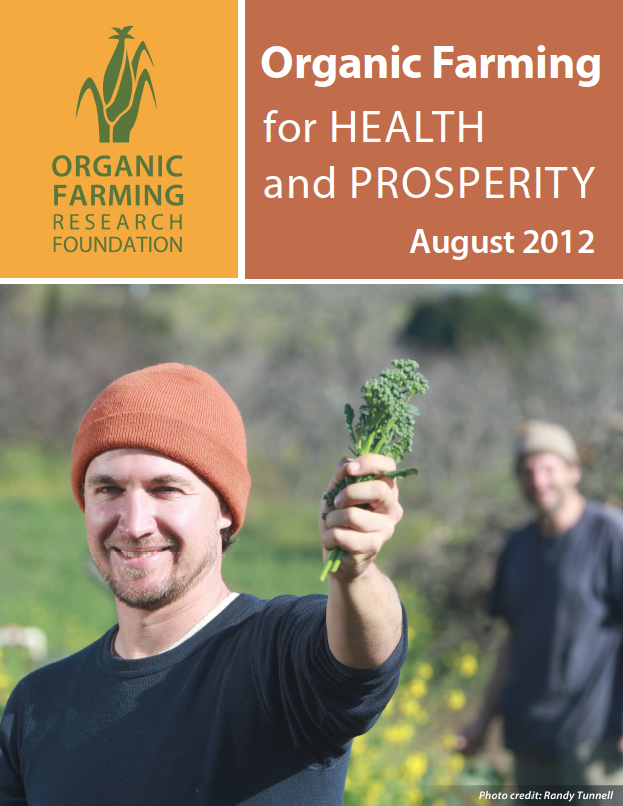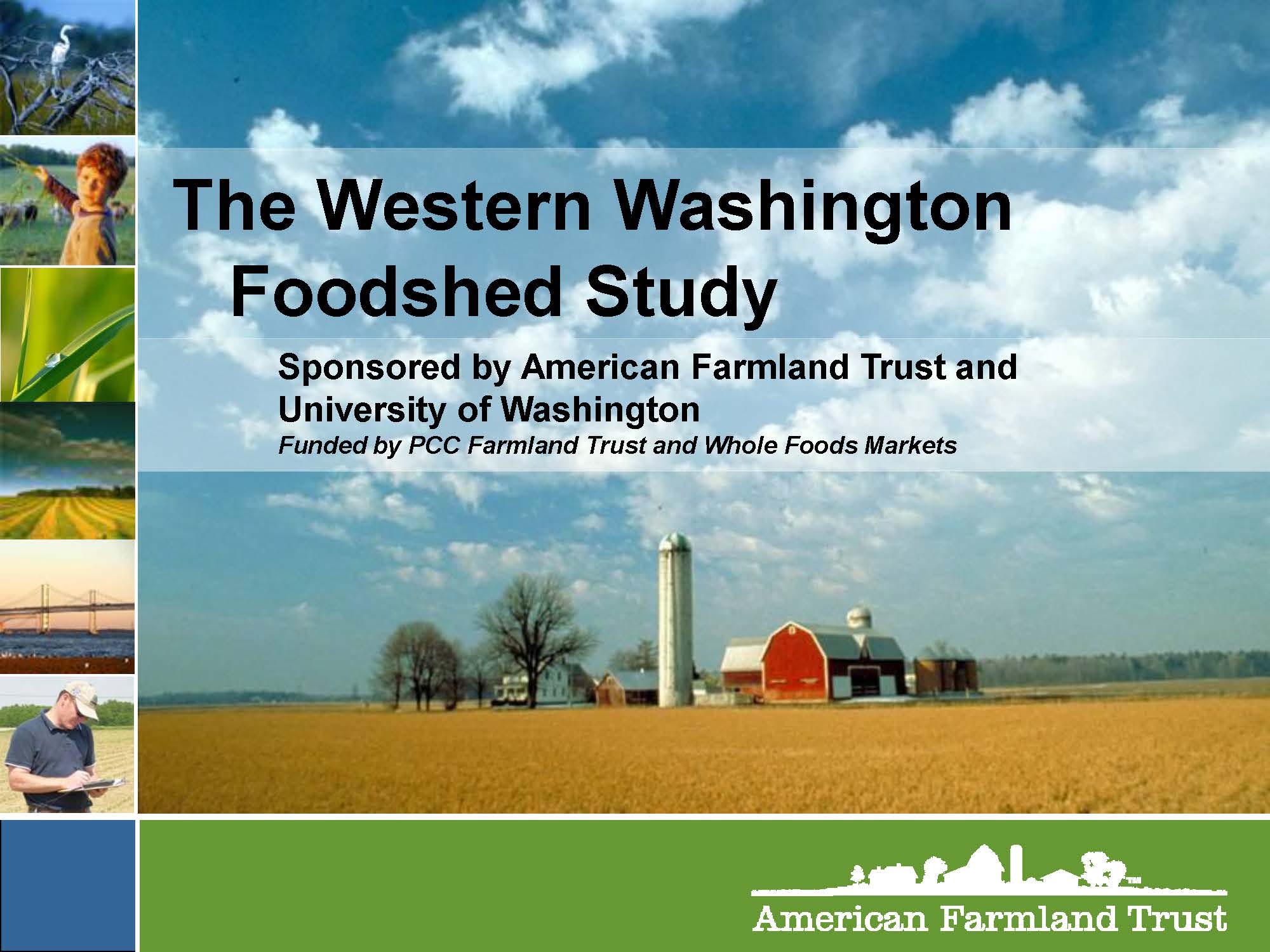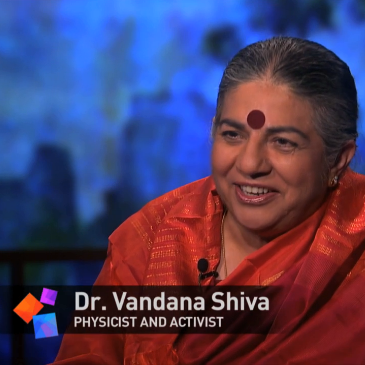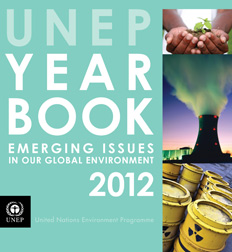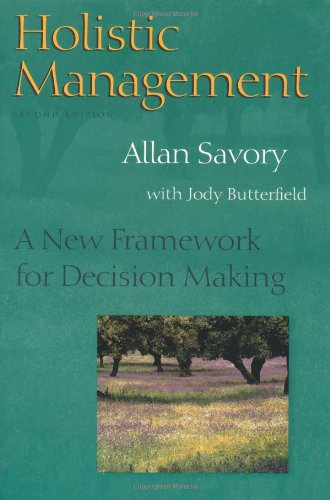A is for Apple
Walk into any supermarket and what do you find? Bins of shiny red, yellow, and green apples. What seems like an abundance of apples is an illusion. Just 11 varieties of apples make up 90% of those grown, sold, and eaten in the US. What’s more, 40-plus percent of apples sold are only one variety: Red Delicious. The apple industry has succumbed to the same consolidation and specialization affecting the rest of the food industry. As a result, the number of apple varieties has plummeted.

